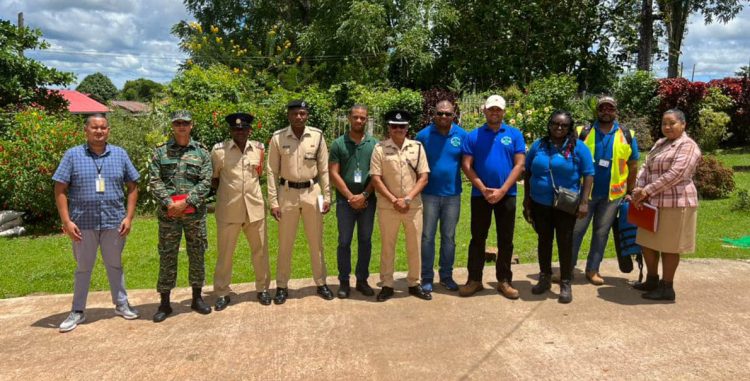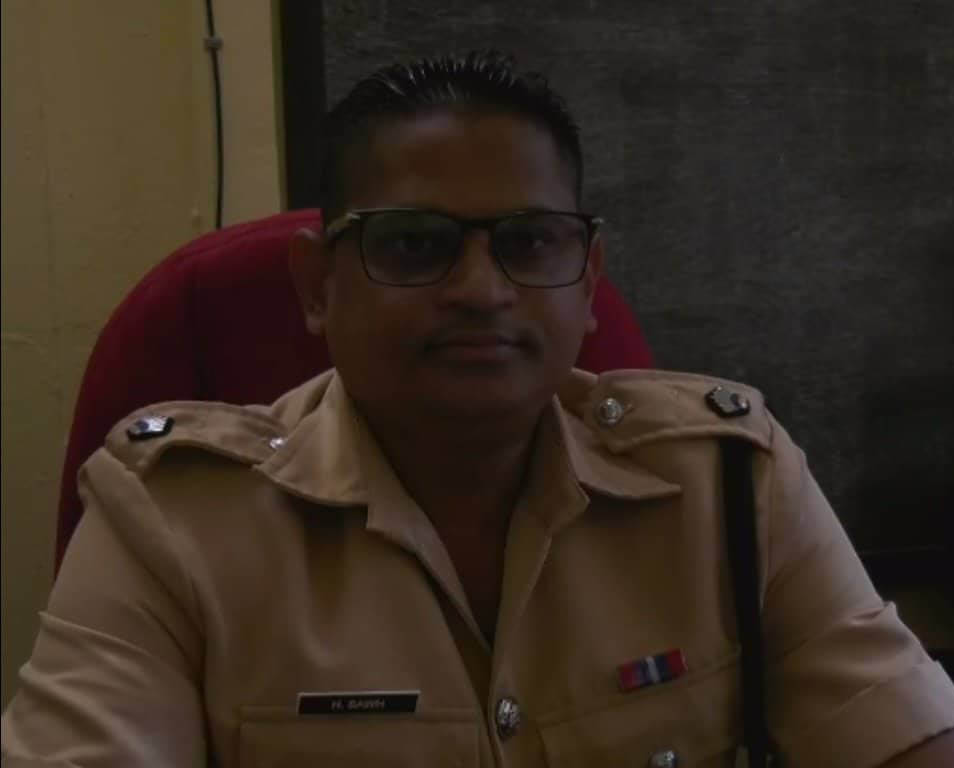Fuel smuggling and corruption are issues which are presently affecting the country’s hinterland regions and Commander of Region One (Barima-Waini), Himnauth Sawh said efforts are being made to not only tackle them but also sensitize citizens in accordance with the law.
During a telephone interview with Stabroek News yesterday, Sawh said there is a “blind eye” policy in Region One which allows fuel smuggling.
“Where fuel come into Region One from Venezuela. It does not attract tax. But what some people are doing they are smuggling it out from the region to Georgetown or further afield where it attracts higher prices,” he explained.

This, Sawh said creates competition for local operators and businesses and leads to an increase in fuel prices. “When increased prices are offered for fuel out of the region, it causes a rise in prices here in the region,” he said.
For this to happen officials are involved in corrupt practices, Sawh said.
On Tuesday, Sawh headed a meeting to address several security issues affecting the region.
Among the issues which were highlighted were fuel smuggling, the illegal storage and sale of fuel, allocation for waste disposal and management, bottom house gas stations, fuel spillage and pollution, increased fuel prices, corruption among officials, protection of the environment, commercial passenger boat operators operating without licences, unlicenced fishing vessels, illegal sale and consumption of alcohol and noise nuisance.
The meeting was held in the Regional Democratic Council (RDC) Conference Room. A number of key stakeholders including representatives from the Guyana Energy Agency (GEA), the Maritime Administration Department (MARAD), the Guyana Revenue Authority (GRA), the Guyana Fire Service (GFS) and the Guyana Defence Force Coast Guard (GDFCG) were present.
Following the meeting, Sawh said visits were made to a number of areas where these activities are suspected to be happening. “So the whole idea of this partnership is to have joint patrols, visits to locations where fuel operators operate and make sure that they subscribe to the necessary documentation and licensing and the entities responsible for licensing….are also involved. So people who were operating and didn’t know they had to get documents to operate were sensitize after the visit and they were given the opportunity to regularise themselves within a certain time period,” he explained.
Sawh highlighted that the meetings which provide the opportunity for these issues to be ventilated are possible following the recent resuscitation of the Hinterland Intelligence Committee (HIC) by Commissioner of Police (ag) Clifton Hicken.
“The HIC created that opportunity for these issues to be ventilated. A decision was taken to have that team come into Region One so that we can address those issues,” Sawh said.
The HIC was revived by Hicken on August 5th. The meetings are aimed at promoting a conducive atmosphere for the sharing of information among key stakeholders with responsibilities for the hinterland regions, which can be processed into intelligence that will guide policy decisions.
The HIC is scheduled to meet statutorily at 5 pm on the last Thursday every month.
At this month’s meeting, Sawh said the committee will report on the progress made so far. New matters will also be discussed. “As issues arise of course they are being addressed and we report on progress and we take it from there,” he noted.





